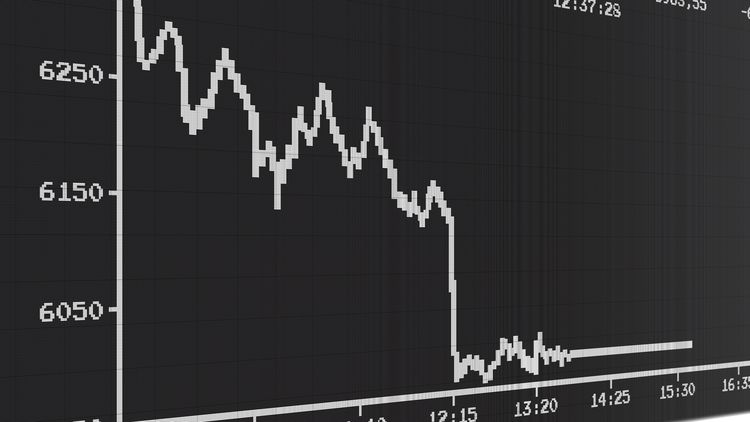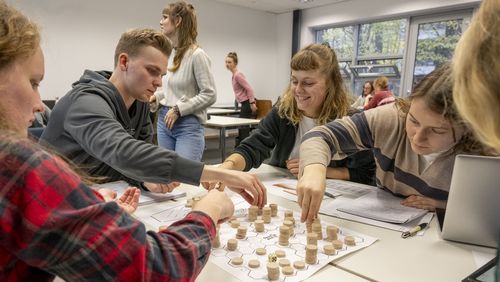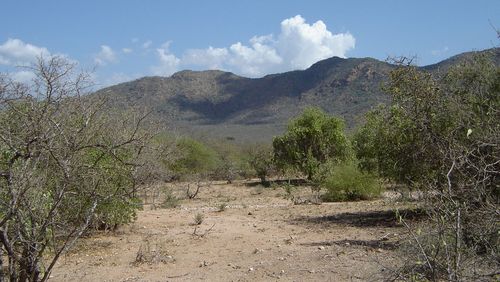The economic problems caused by coronavirus are as global as the pandemic itself. Economist Hans-Michael Trautwein talks about the challenges and how to meet them.
Short-time working, rising unemployment, companies on the brink of bankruptcy – the economic impact of the Covid-19 pandemic is immense. Are we facing something similar to the Great Depression of the 1930s or the global financial crisis that began in 2007?
The current situation is clearly not just a temporary downturn; we are facing permanent structural change. This also happened in previous crises - but for completely different reasons. They were crises in global credit relations that originated in the financial sector. This time we’re dealing with a slump in the real economy: the measures taken to contain the pandemic are affecting production and consumption worldwide, while the financial sector is having more of a stabilising effect. It’s not yet clear when the situation will ease. That’s another difference compared with the global financial crisis in the 2000s: back then after a few months it was clear that government stimulus packages and the financial aid from central banks would help to resolve the problems on the money markets.
Do you see other differences?
We are currently experiencing a full-blown global crisis: the virus has hit all parts of the world within the space of a few weeks. This is different from what happened in the worldwide economic depression of the late 1920s and 1930s, which took longer to spread, or the global financial crisis, when many developing countries were far less affected than Europe and North America.
You are the University’s Commissioner for China and your research has dealt extensively with China’s economic development. How will the coronavirus pandemic affect China in the long term?
For some time now, China has been less attractive as a production location for European companies because labour costs there have risen sharply. If on top of that strict hygiene and quarantine regulations now have to be complied with, and it becomes more difficult to exchange information with partners in the country, some companies will undoubtedly reconsider whether to continue to produce in China. But that’s just one side of the coin. In many areas, such as e-mobility, China is moving further and further up the global ladder. Both European and American companies will depend on technological cooperation with the Chinese in the future. If Donald Trump blames China for the pandemic and decides to impose sanctions, ultimately he will harm his own country’s economy.
If even purportedly rich industrial nations are struggling with the consequences of the pandemic, what about the situation in developing countries?
In these countries the long-term damage will be immense. In the Aids pandemic we could already observe how countries like Botswana and South Africa, whose economies had been doing pretty well, were suddenly set back by many years. I fear coronavirus could have a similar impact, particularly in the DR Congo and other parts of Central Africa where the political and economic situation is already precarious.
What can the international community do to counter this?
The G20 states have already agreed on a debt moratorium for the world’s 77 poorest nations. This is certainly a sensible step, but in my view simply an admission of the reality of the situation. Far more important is to ensure that people in developing countries have access to medical aid. In many countries this is difficult – medical and economic aid tend to quickly seep into corrupt channels. Nevertheless, donor countries have a duty to not just secure medical resources for themselves, but also keep an eye on developing countries.
But at the moment many countries seem to be focusing on themselves…
Sadly, this is true. Yet the world can only overcome a global challenge like a pandemic if everyone works together. But as far as solidarity within Europe goes, I am cautiously optimistic – I believe the euro debt crisis has led to a change of thinking.
What is different today?
In the global financial crisis and the euro debt crisis many politicians, and German politicians in particular, were very cautious about how to tackle debt: in the midst of the crisis they argued for debt brakes and against transfers payments to other EU member states. Countries like Greece were told to tighten their budgets if they wanted to receive aid. But if the house you share with others is on fire, first of all the fire must be put out. In other words, I think it’s harmful to try to economise during the crisis. Indeed, emergency aid has been quickly approved this time – and not just loans that have to be repaid, but also transfers. That creates more security.
Critics, however, fear that it could lead to inflation.
This concern is voiced whenever governments and central banks promise aid – most recently during the global financial crisis. But there was no wave of inflation back then, nor do I believe this will happen now. As long as government funds and liquidity from central banks replace private loans and don’t funnel additional money into economic systems, I see no danger of inflation. On the whole I actually think deflation is more likely.
What could drive deflation?
Well take the real estate market, for example. Before the crisis there was a lot of construction going on, also in response to rising rent prices in cities. But if companies either go bankrupt or restructure, many of these new buildings, such as office buildings or warehouses, will be used less and rented out for lower prices. There is a similar trend in the automotive industry – hence the demand for car purchase grants for buyers.
Less mobility, relocation of production sites, and all this against a background of growing nationalism in many European countries – there is already much talk of a new era of deglobalisation. What do you think?
I would talk less of deglobalisation and more of a slowdown in the current trend. In the 1990s we experienced hyper-globalisation: Eastern Europe was incorporated into the world economy, China opened up and Latin America too. The supply of labour on the global market suddenly increased by a third. But the growth of world trade had already started to slow down before the coronavirus crisis. China, for example, has become less dependent on foreign orders due to its growing prosperity and now produces more for its domestic market. At first glance all this may look like deglobalisation, but I would describe it as a restructuring of the global economy.
Interview: Iria Sorge-Röder






